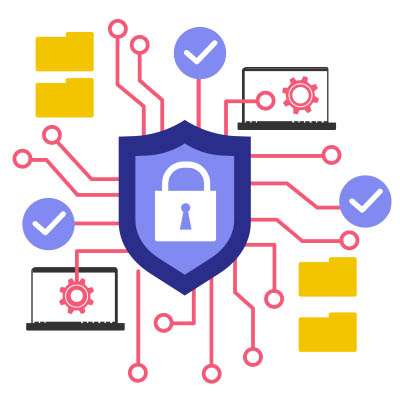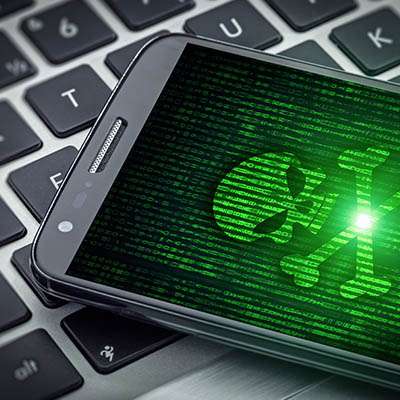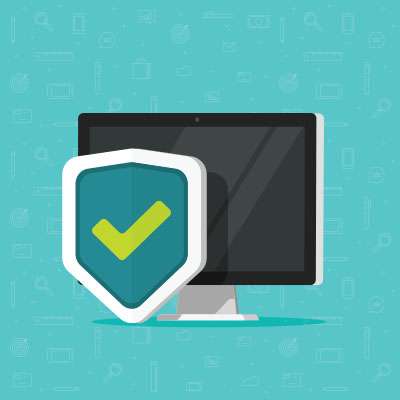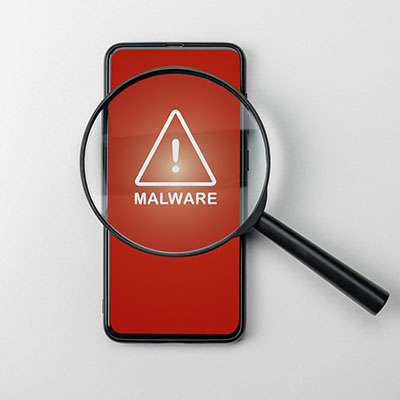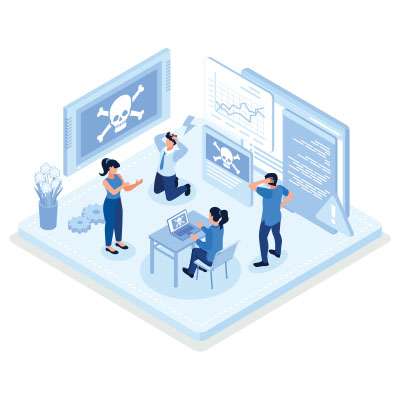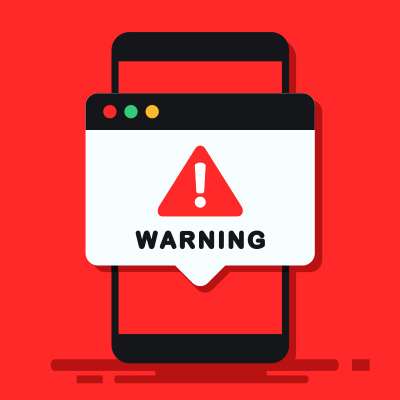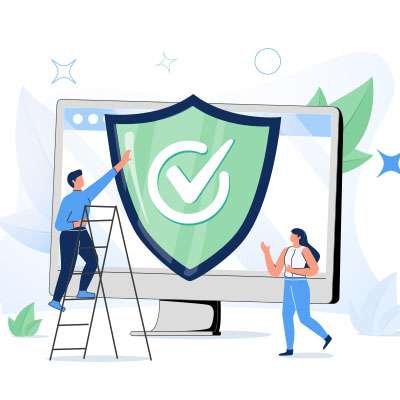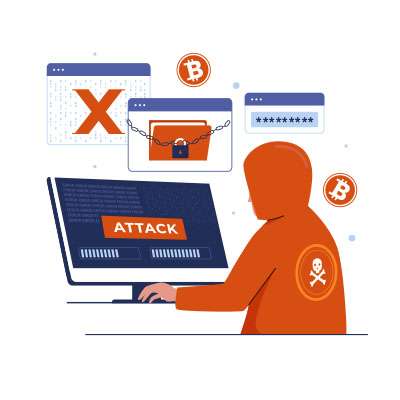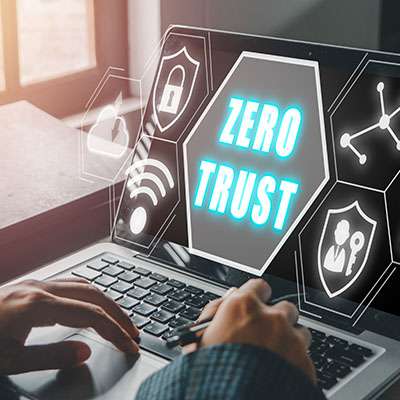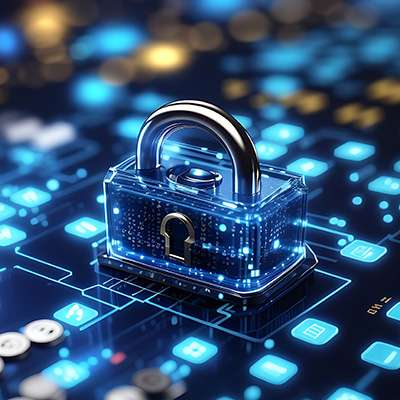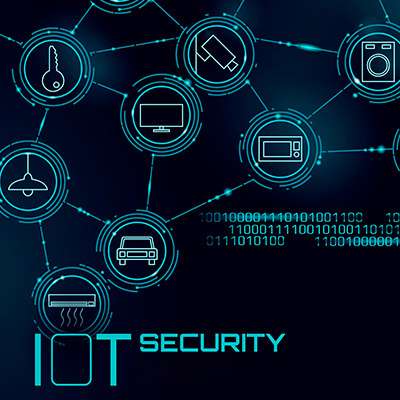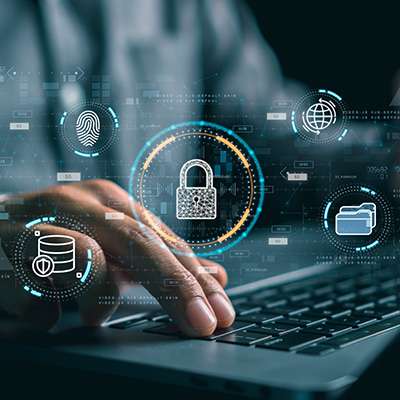There are many parts of running a business where you can't be too careful, one of which is the realm of cybersecurity. Many of the preventative measures you can implement aim to keep issues from making their way to your infrastructure in the first place, which makes sense from an operational standpoint. With an endpoint detection and response solution—or EDR—you’ll take an important step toward keeping most threats off your infrastructure.
Macro Systems Blog
On Wednesday, April 10, 2024, Apple deemed it necessary to send a rare alert to certain users via email, spread out across 92 nations. As Apple’s website states, these threat notifications “are designed to inform and assist users who may have been individually targeted by mercenary spyware attacks.” Listed below is a review of these attacks so we all comprehend this threat better.
Your standard IT professional may suggest some common methods of network security such as implementing better preventative measures, like firewalls and antivirus. However, there is more that goes into network security—far more. If you’re not careful, you could accidentally miss some of these three security solutions and expose your business to potential threats. But we’re not about to let that happen!
Mobile malware isn’t common, but it’s growing increasingly more so. You may have heard of a malware called XLoader, which has been utilized to victimize people in over seven countries. This mobile threat has seen various iterations over the past several years, but you should be especially concerned these days.
For the IT administrator and the small business owner, it can be a bewildering experience when your organization comes under siege from employee-induced cyberthreats; especially if you, like many other organizations, have started prioritizing security training. Even if the threat is thwarted early and the effect on the business is negligible, it is critical that you trust the people who have access to your organization’s digital resources. Listed below are some of the reasons some of your staff take cybersecurity initiatives worse than others.
The constant fear of falling victim to scams has become a harsh reality and is far from ideal. That being said, the good news is that there is always time to acquire the skills needed to avoid such scams. Listed below are ways to enhance awareness regarding the challenges posed by scams, not only in a business context but also in everyday life.
If you are old enough to remember when, like most computer software, antivirus came in a large textbook-sized box at the store, then you probably remember a time when that was the only protection you really needed.
These days there are countless free versions of antivirus out there. How much protection do these actually provide, and when and where might they be a good fit?
We’re hoping that you are reading this post to prepare yourself in case your organization were to face a ransomware attack, but if you are suffering from one right now, we encourage you to reach out to us immediately, whether you are a client or not. Ransomware spreads quickly, and once it has infected a system, there really isn’t much you can do to stop it. That being said, there are steps you need to take to come back from this gracefully.
Unfortunately, some of the biggest retail days of the year are some of the biggest days for scams, the entire holiday season seeing an increase in threats toward retailers and, as a result, the consumers that are just looking for that perfect gift for their loved ones. Listed below are some statistics and trends to see what insights we can glean.
With ransomware becoming one of the most damaging threats out there for small businesses, it’s more critical than ever to know how to protect your organization from its influence. Fortunately, there are measures you can take, including some very powerful ones like zero-trust policies that can thwart attempted ransomware attacks.
You don’t need us to tell you that ransomware is a problem (or maybe you do–we mean, it’s a significant problem). It’s dangerous to both businesses and individuals, and it has become such a common threat that all organizations need to have a plan in place to address it with their staff. Listed below is a three-part strategy that you can use to approach ransomware in the most secure way possible.
With technology being a vital part of our lives and society, cyberthreats continue to evolve and pose significant risks. One such threat that is on the rise is browser hijacking attacks. Listed below are the dangers of these attacks, including the techniques employed by hackers, and how small and medium-sized businesses can protect themselves.
The Internet of Things, or IoT is everywhere. There’s a relatively good chance that a device that would be part of the IoT is within your reach right now, perhaps even on your person. Businesses of all kinds utilize the IoT for various purposes as well, but behind this usage lies significant risk from cyberthreats, and a shocking number of businesses seem to accept this risk without much concern… as in, the vast majority of surveyed businesses utilizing the IoT demonstrated a lack of protection but seemed not to be bothered by it.
One major nonprofit has become the victim of a disclosed major data breach, affecting 890 schools all across the US: the National Student Clearinghouse, or NSC. The organization has announced that they have experienced a significant data breach that has put their clients’ data at risk. What does this mean for affected organizations and their clientele?
Data privacy is absolutely imperative these days in both a business and individual context. In some locations, governments have introduced legislation to protect consumers, and in others, there is significant pushback in favor of fewer regulations on business. How does data privacy factor into your business’ operations?

